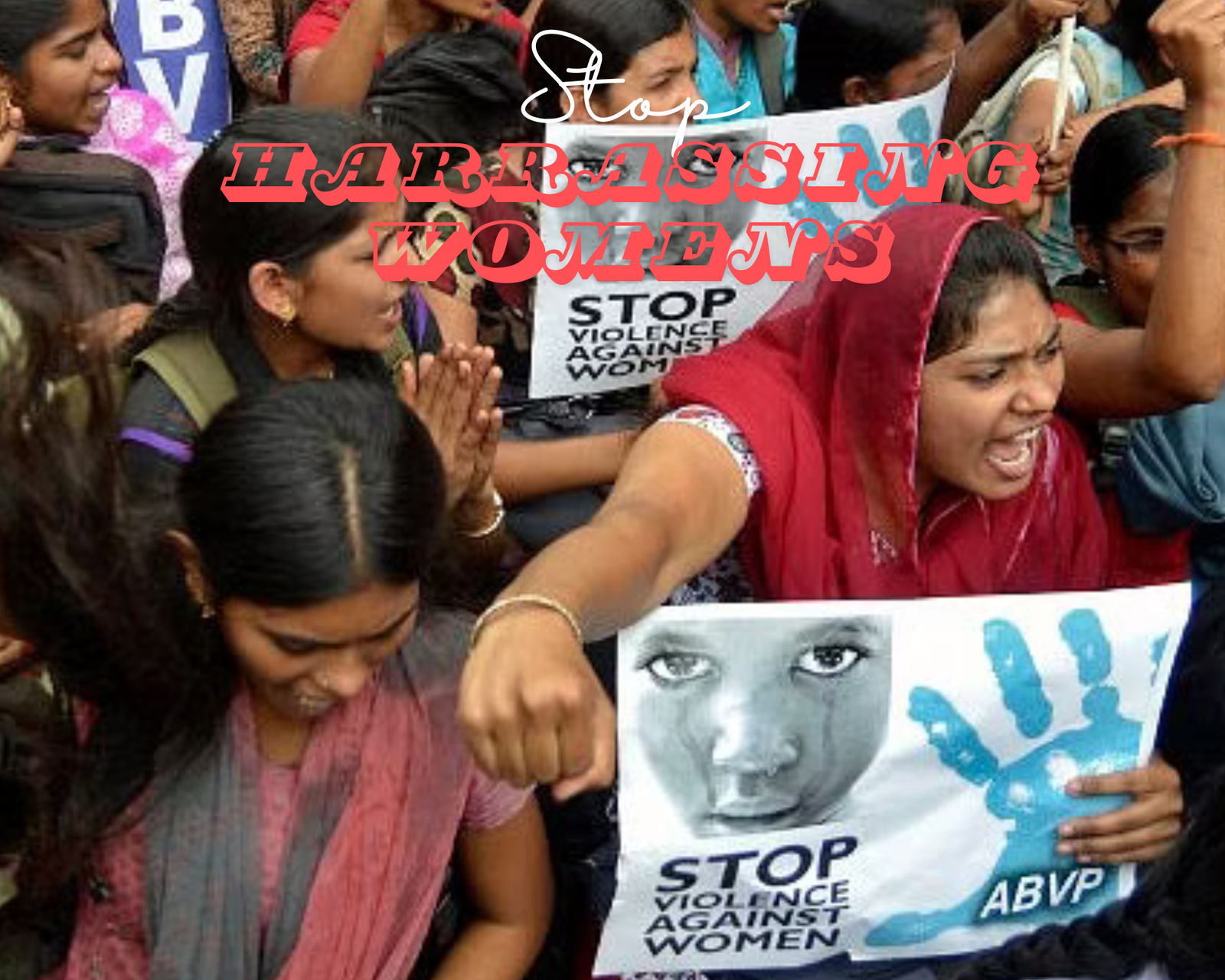
- COP 28, the 28th Conference of the Parties to the United Nations Framework Convention on Climate Change (UNFCCC), will take place in Dubai, United Arab Emirates, in November 2023. This historic occasion, which brings together governments, corporations, and civil society to accelerate action and set a route toward a sustainable future, marks a critical turning point in the global fight against climate change.
- An even greater sense of urgency surrounds COP 28. The effects of climate change are becoming more and more evident all over the world, causing extreme weather, rising sea levels, and a decline in biodiversity. All parties concerned must have a newfound sense of ambition and devotion in light of this harsh reality.
- COP 28 offers a crucial chance to evaluate group efforts, pinpoint areas of inaction, and establish audacious new goals for the future. As the first COP to undertake a “Global Stocktake,” a thorough assessment of progress made toward the goals of the Paris Agreement, this conference is historic.
- Key topics include expediting the switch to renewable energy, enhancing climate resilience, reducing loss and damage, and guaranteeing enough climate funding for developing countries are anticipated to be the emphasis of this year’s conference.
- It is imperative that the world show its steadfast commitment to addressing the climate catastrophe and ensuring a sustainable future for future generations at COP 28, which is more than just another climate meeting.
When and Where:
- Date: November 30 – December 12, 2023
- Location: Dubai, United Arab Emirates (UAE)
Significance:
COP 28 holds significant importance for several reasons, marking a crucial moment in global climate action:
-
First Global Stocktake:
This COP will be the first to conduct a “Global Stocktake,” a comprehensive review of progress towards achieving the Paris Agreement’s goals. This assessment is crucial for evaluating collective efforts, identifying gaps, and outlining enhanced actions for the future. It will serve as a critical benchmark for accountability and transparency.
-
Urgency for Action:
The impacts of climate change are intensifying, with extreme weather events, rising sea levels, and biodiversity loss becoming increasingly evident. This COP comes at a critical time, demanding bolder and faster action to mitigate the climate crisis.
-
Focus on Adaptation:
COP 28 is expected to place a strong emphasis on adaptation, recognizing the need to build resilience to unavoidable climate impacts, particularly in vulnerable nations. This focus is essential to protect lives, livelihoods, and ecosystems.
-
Fossil Fuel Transition:
The COP will face growing pressure to address the role of fossil fuels, with calls for a rapid transition to renewable energy sources to achieve net-zero emissions. This transition is crucial for achieving ambitious climate targets and limiting global warming.
-
Critical for Developing Nations:
COP 28 will be critical for developing nations, who are often disproportionately impacted by climate change. Discussions on climate finance, technogy transfer, and loss and damage will be crucial for ensuring equitable and just climate action.
-
A Turning Point:
COP 28 presents a pivotal opportunity to demonstrate the world’s commitment to tackling the climate crisis. The decisions made at this COP will shape the trajectory of climate action for years to come.
-
.An Important Year for Climate Action:
With the globe struggling to deal with the growing effects of climate change and the need to step up efforts to realize the objectives of the Paris Agreement, COP 28 falls during a pivotal period.
-
First Global Stocktake:
Participating nations will evaluate their collective progress toward the objectives of the Paris Agreement through the first-ever “Global Stocktake,” which will take place at COP 28. Future climate action will be guided by this evaluation. Adaptation will be emphasized heavily during COP 28, as it is understood that developing resistance to the effects of climate change is essential, especially for nations that are already at risk.
-
Climate Finance:
The conversation will center on how rich countries might contribute more to climate finance in order to assist developing countries with their efforts to mitigate the effects of climate change.
Main Points & Ideas:
Implementing carbon capture and storage technology, increasing the use of renewable energy sources, and quickening the phase-out of fossil fuels are examples of mitigation.
adaption entails bolstering climate resilience, aiding populations in need, and encouraging adaption strategies in a range of industries.
Loss and Damage: Offering financial support to nations—particularly tiny island states and underdeveloped countries—that are suffering permanent losses and damages as a result of climate change.
Climate Finance: Encouraging public and private investment in climate action, making sure developing nations receive enough money, and investigating novel finance strategies.
Technology Transfer: Encouraging the transfer of innovations, such as access to climate-resilient infrastructure and renewable energy technologies, from industrialized to poor nations.
Global Stocktake: Assessing how well the Paris Agreement’s objectives are being met and establishing new goals for climate action.
Difficulties and Anticipations:
-
Difficulties:
Fossil Fuel Phase-Out: Reaching an agreement on phasing out fossil fuels will be highly contentious, with significant pushback from major oil and gas producing nations. The challenge lies in finding a balance between achieving ambitious climate targets and addressing the economic and energy security concerns of fossil fuel-dependent countries.
Climate Finance: Securing significant commitments from developed countries to meet their climate finance obligations to developing nations will be a major hurdle. The goal of reaching $100 billion per year in climate finance remains unfulfilled, raising concerns about trust and equitable burden sharing.
Loss and Damage: Establishing a dedicated fund for addressing loss and damage experienced by vulnerable countries due to climate change will be a complex and politically sensitive issue. Negotiations around funding, governance, and accountability will likely be challenging.
Ambition and Action: Bridging the gap between ambitious climate targets and the concrete actions needed to achieve them will be a critical challenge. COP 28 needs to deliver tangible commitments and clear roadmaps for implementation.
Global Cooperation: Ensuring effective coordination and collaboration among countries with diverse interests and priorities will be essential for achieving meaningful outcomes. Differences in national circumstances, development stages, and political agendas can complicate negotiations.
-
Anticipations:
Increased Focus on Adaptation: COP 28 is expected to place a strong emphasis on adaptation, recognizing the need for building resilience to unavoidable climate impacts. This focus is likely to drive discussions on strengthening infrastructure, enhancing water security, and developing climate-resilient agriculture and disaster management systems.
Growing Role of the Private Sector: The private sector is expected to play an increasingly active role in climate action, with businesses and investors contributing to renewable energy development, green technology innovation, and sustainable finance.
Focus on Climate Justice: Issues of climate justice, particularly the disproportionate impacts of climate change on vulnerable populations, will likely be a central theme. This will likely lead to calls for greater equity and fairness in climate action, particularly regarding finance and technology transfer.
Innovation and Technology: COP 28 is expected to showcase innovative climate solutions and technologies, including renewable energy breakthroughs, carbon capture and storage, and green hydrogen production.
Key Issues and Themes:
Mitigation:
-
- Accelerating the phase-out of fossil fuels and phasing in cleaner alternatives, including renewable energy.
- Implementing carbon pricing mechanisms and promoting carbon capture and storage technologies.
- Enhancing energy efficiency and promoting sustainable consumption patterns.
Adaptation:
- Strengthening climate resilience in vulnerable communities, including building infrastructure, enhancing water security, and improving early warning systems.
- Developing adaptive strategies for agriculture, forestry, and other key sectors.
- Supporting the development of climate-resilient infrastructure.
- Loss and Damage:
- Providing financial and technical assistance to countries experiencing irreversible climate-related damages and losses, especially developing nations.
- Establishing a dedicated financial mechanism to address loss and damage, possibly through a fund or a dedicated financing facility.
- Climate Finance:
- Increasing public and private financial flows for climate action, particularly for developing nations.
- Ensuring that developed countries meet their commitment of $100 billion per year in climate finance to support developing countries.
- Exploring innovative financing mechanisms like green bonds, carbon markets, and blended finance.
- Technology Transfer:
- Facilitating the transfer of clean technologies from developed to developing countries, including renewable energy technologies, climate-resilient infrastructure, and climate-smart agriculture.
- Addressing intellectual property rights and access to technologies to ensure equitable technology transfer.
- Global Stocktake:
- Assessing collective progress towards the Paris Agreement goals, identifying gaps and challenges, and outlining enhanced actions for the future.
- Setting ambitious and achievable targets for climate action based on the Global Stocktake findings.
Key Players:
- United Nations Framework Convention on Climate Change (UNFCCC): The governing body of the climate change negotiations.
- Parties to the UNFCCC: 197 countries that have signed and ratified the Convention, each with their own climate action commitments.
- Civil Society Organizations: Non-governmental organizations, environmental groups, and other stakeholders advocating for stronger climate action.
- Private Sector: Businesses, investors, and corporations playing an increasingly important role in climate action and green technology innovation.
Overall Goal:
COP 28 aims to build on the progress made in previous climate summits and accelerate global efforts to achieve the goals of the Paris Agreement:
- Limiting global warming to well below 2°C, preferably to 1.5°C, compared to pre-industrial levels.
- Building resilience to climate change impacts.
- Making finance flows consistent with a pathway towards low greenhouse gas emissions and climate-resilient development.
It is essential to stay informed about the developments at COP 28, as these negotiations will have significant implications for the future of our planet.
Conclusion:
COP28 presents a unique opportunity to demonstrate our collective commitment to a more sustainable and resilient world. The decisions made in Dubai will shape the trajectory of climate action for years to come. It is imperative that we emerge from COP28 with concrete agreements, ambitious targets, and a renewed sense of urgency to ensure a livable planet for all. The time for talk is over; the time for action is now. We have a rare chance at COP28 to show how committed we are to building a more resilient and sustainable planet. The course of climate action will be shaped for years to come by the decisions taken in Dubai. We must leave COP28 with firm resolutions, challenging goals, and a heightened sense of urgency to guarantee a planet that is habitable for all people. Now is the moment to act; the time for debate has passed.





I was reading through some of your articles on this website and I
think this web site is real instructive! Keep on putting
up.Blog monetyze